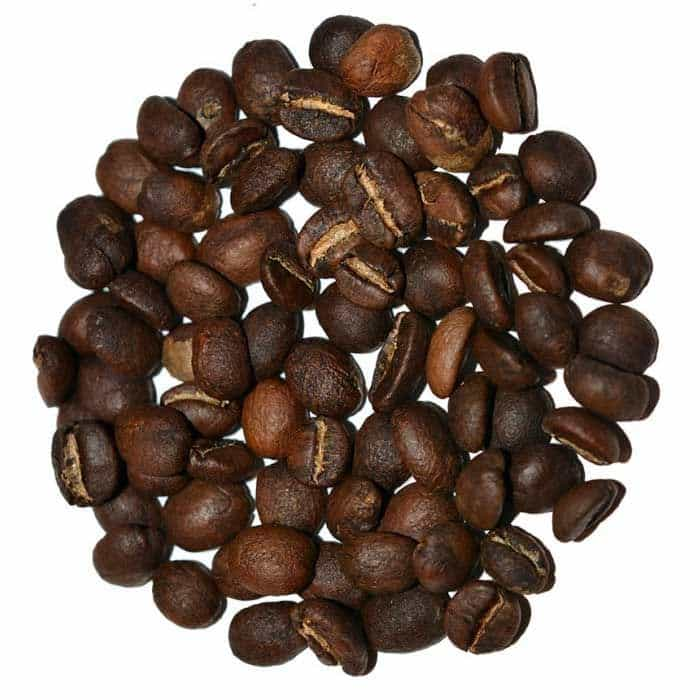Water Quality
Always use soft water that is less than 50 ppms or 3 grains of hardness. Also use water that is more than 0 ppm or 0 grains. Do not use tap water, hard water, distilled water or ultrapure reverse osmosis water. Using anything but soft water will damage the machine and will void warranty. If you are using a machine that has a reservoir, bottled water labeled drinking is usually within the correct hardness level. Other filtered water such as refrigerator filters, Brita and softening pouches can also work, but be sure to check the hardness before using. If you are using a direct connect machine, the machine should be connected to a water filtration system, that then connects to your plumbing.
It is always recommended to use water of at least 1 grain per gallon (17ppm) but no more than four grains per gallon (68ppm). Using more than this will exacerbate scaling and potentially cause damage to your machine. Using less than this amount could lead to the machine overfilling/pressurizing, will negatively affect the taste of your espresso, and in the cases of high chloride content, can lead to pitting. This pitting corrosion will in turn lead to leaks and a significantly reduced lifetime of your machine. Your warranty is considered void where damage to the machine resulted from improper management of water quality. Regardless of water quality of mains water supply, it is almost always recommended to use a carbon filter on plumbed in espresso machines to filter for trace minerals that may impact the taste of your espresso.
IMPORTANT: Water quality is a very important aspect of your espresso machine longevity. Water that is too hard will cause limescale buildup, which is the number one reason for operating problems and espresso machine failure. It can literally destroy an espresso machine. Too pure water, such as ultra pure RO water or distilled water can cause the machine to overfill, since the water level probe needs some minerals in the water to detect water. Ultrapure water may also cause the machine or heating element to shut off. If you have a directed connected machine and you have an RO system in your home or business, you may need to use a recalcifier to add some minerals back into the water. Use softened water that is about 50ppm in hardness or less. Follow manufacturers manual instructions about descaling as those should be considered the primary instructions. In general though, if you use water with a hardness level of 50ppm or less, descaling won't be needed very often - it is many times recommended once a year. If water hardness is over 50ppm you will need to descale on more regular intervals - sometimes recommended as often as once every couple months. Warranty does not cover espresso machine failures or parts failures, such as heating elements, water level probes, OPV valves, sensors, pumps, solenoids, etc, that have been caused by hard water usage and lack of descaling when water that is harder than the recommended level is used. We do not sell descaling solutions, as some manufacturers recommend specific products, or citric acid, or white vinegar solutions.

